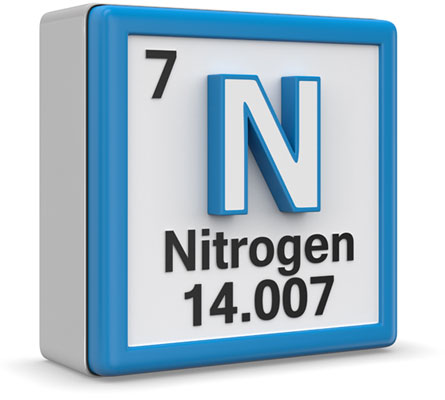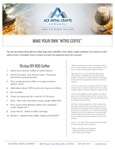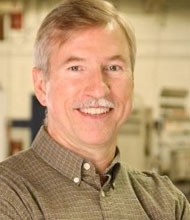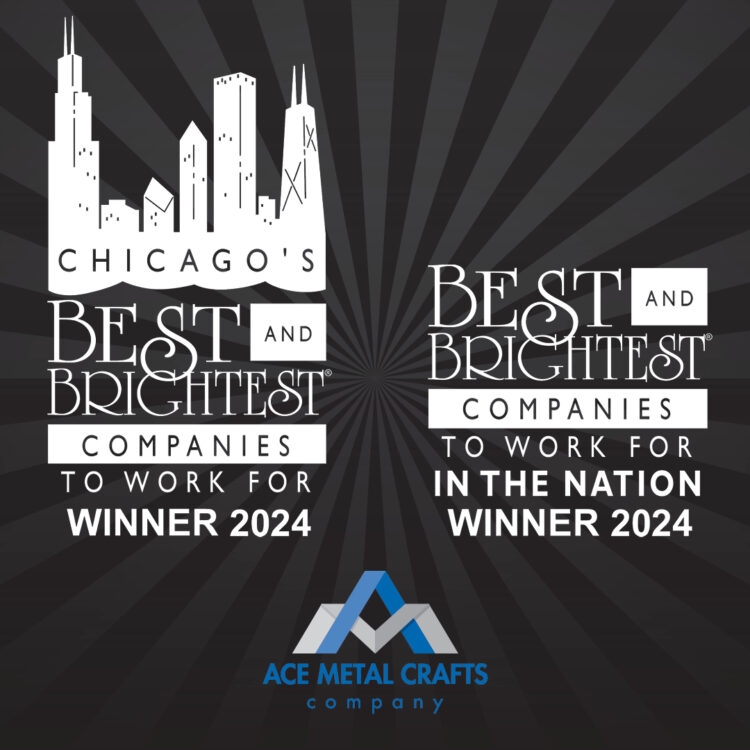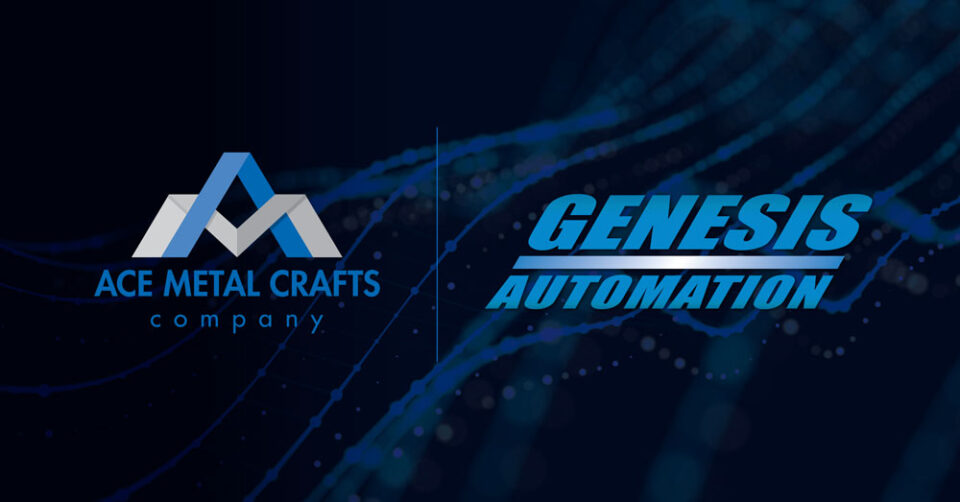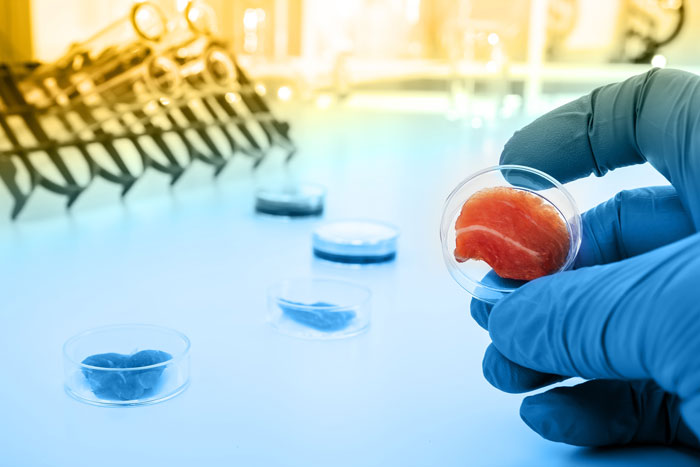


Lab Grown Meat: Good for you? Good for Whom?
February 22, 2017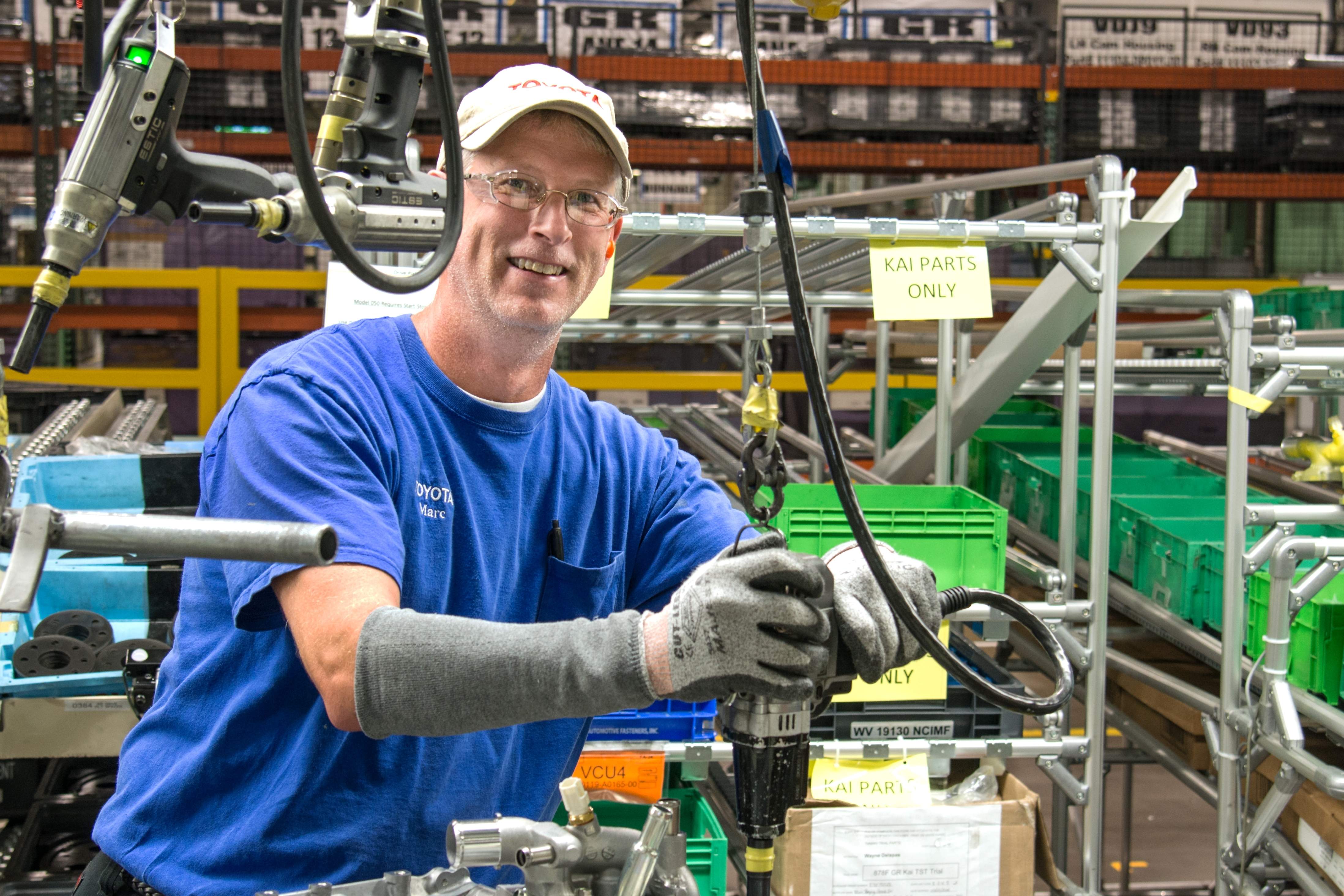


Toyota advisors fuel small businesses across the USA
May 16, 2017Nitrogen Gas - For Laser Cutting AND Coffee...
As a conscious company employing 120+ team members, we understand our role in the larger community we work and live in.
An outgrowth of our team's commitment to sustainability - and lean practices - is our use of a PSA Nitrogen Generator System.
Nitrogen Assist Provides Speed AND Quality
ACE employs a Pressure Swing Adsorption (PSA) Nitrogen Generating System and is now fully self-sufficient in generating our own nitrogen gas to support 3 lasers.
Nitrogen is generally used when cutting stainless steel or aluminum in order to achieve excellent quality. Nitrogen serves as a shielding gas to stop the oxidation process and allow the laser to evacuate the material.
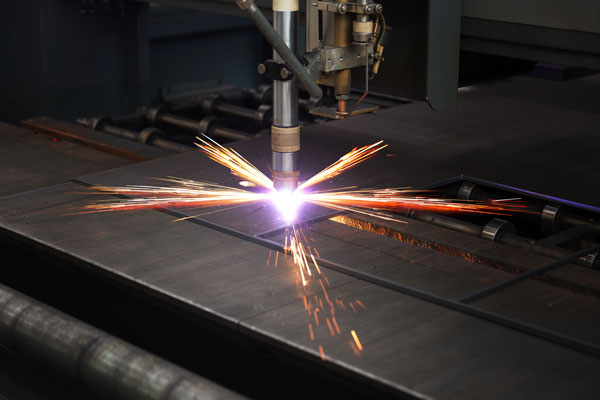

© Thinkstock by Getty Images
Other benefits of laser cutting with nitrogen are reduced cost compared to oxygen and improved welds as a result of oxide free cutting.
Saving Money can also Save the Planet
Many times the true cost of using industrial gases lies in the delivery and management of the tanks, which adds up over time. For ACE, the investment of an on-site gas generator has significantly cut these costs, allowing our initial investment to be recouped in a very short timeframe.
A Commitment to Lean and the Environment
The net cost of our on-site nitrogen generation is significantly less than the cost of bottled or liquified nitrogen purchased in bulk.
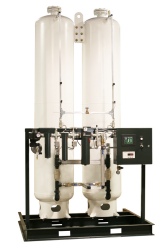

- Nitrogen generators are less damaging to the environment.
- On-site nitrogen generation is a sustainable and energy efficient approach to providing pure, clean, dry nitrogen gas.
- Compared to the energy required by cryogenic air separation plants, as well as transporting liquid nitrogen from the plant to a facility, nitrogen generators consume far less energy and lead to a significant reduction in carbon footprint.
We are all stakeholders in this one planet. At ACE we work to increase our sustainability and decrease our environmental footprint every day.
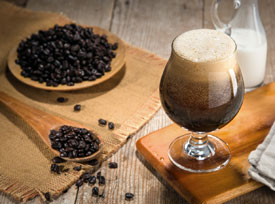

© Thinkstock by Getty Images
Nitrogen in Coffee?
Imagine a coffee that looks like a Guinness: Dark, but effervescent, and with a foamy head on top. That's what nitro coffee looks like. But it tastes nothing like beer. Firms like Starbucks and Caribou Coffee have been introducing the delicious drink in the last few years.
Nitro coffee is made when cold brew coffee is joined by nitrogen gas in a refrigerated tank. When combined, the beverage emerges from a tap looking like a cascade of brown liquid. Its taste is the most surprising thing about it: like an iced coffee that already has cream and a touch of sugar added. In fact, it is completely sugar- and dairy-free. Nitro coffee contains only cold brew coffee and nitrogen.
MAKE YOUR OWN "Nitro Coffee"
The new tap systems being sold into coffee shops start at $4,500 or more, hardly a small investment if you want to try nitro coffee at home. Fortunately, there's a simpler and much less expensive way to do-it-yourself.


